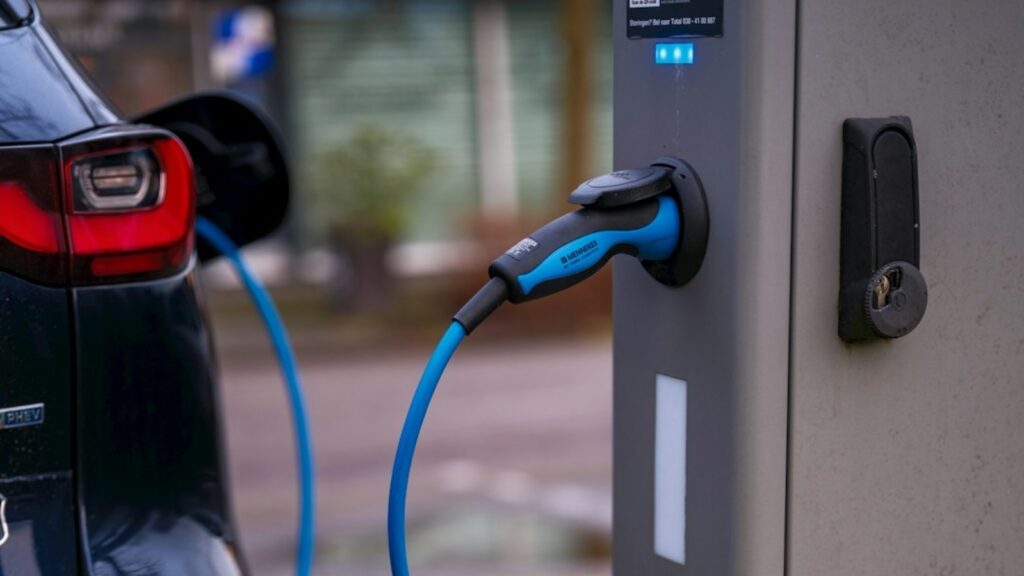The Maharashtra government has suggested new charges on electric vehicles (EVs), compressed natural gas (CNG), and liquefied petroleum gas (LPG) vehicles. The amendment, which has been tabled in the state budget for 2025-26, will be operational from April 1, 2025, and will boost state coffers while meeting changing auto market trends.
Taxing Luxury Electric Vehicles
One of the most glaring measures is the imposition of a 6% Motor Vehicle Tax on electric vehicles priced over ₹30 lakh. This is a deviation from previous policy towards EV subsidy. Maharashtra Chief Minister Devendra Fadnavis also clarified this perspective by claiming that the tax is levied on EVs over ₹30 lakh simply because they are luxury vehicles, not on others up to the same. The ruling is likely to impact premium EV models of brands like Hyundai, Kia, and BYD. The new tax is also likely to impact Tesla’s planned Indian foray, with the capacity to influence its pricing strategy for its premium products.
Higher Taxes on CNG and LPG Vehicles
Besides the luxury EV tax, the state government has also suggested a 1% increase in the Motor Vehicle Tax levied on privately owned CNG and LPG four-wheelers. The amendment is indicative of the government’s desire to collect more revenue from the expanding alternative fuel vehicle market.
The higher cess on CNG vehicles is estimated to generate an additional ₹150 crore for Maharashtra during the 2025-26 financial year. The action is in line with the state policy to leverage the growth in the number of CNG vehicles, which are generally sought after due to their low price as well as having a lower environmental impact compared to conventional petrol and diesel vehicles.
Impacts for the Auto Industry
These taxation changes will impact the behavior of consumers and the entire automobile industry in Maharashtra. The extra 6% tax might discourage luxury EVs from buying, which will slow electric vehicle penetration in the premium segment. Electric vehicle penetration in the passenger vehicle segment is approximately 2%. The new tax will slow growth in this segment as higher entry prices will discourage customers from buying high-end electric models.
On the other hand, the marginal 1% hike in CNG and LPG vehicles will not discourage buyers in these segments much. It is, however, an indication of the government’s desire to earn more from alternative fuel vehicles, which have been gaining popularity because of their lower operating costs and lower carbon footprint.
Revenue Generation and Fiscal Strategy
The Maharashtra government estimates that the re-morphed motor vehicle impositions will increase state revenue by ₹1,125 crore. These include revenues from the taxation of luxury electric cars, CNG, and LPG cars, among other new taxes on construction vehicles and light goods vehicles.
The raising of the ceiling of the top slab of the Motor Vehicle Tax to ₹30 lakh from ₹20 lakh is also in line with the state’s aim of increasing revenue sources. Refining the tax system to conform to the new motor vehicle realities will enable the government to achieve fiscal restraint without discouraging green modes of transportation.
Maharashtra’s latest budgetary moves are a wise step towards taxing in the automobile sector. Though the state continues to promote the use of green cars, it too wants luxury segments to contribute its share proportionally to the state exchequer. Consumers, as well as makers, will have to cope with the altered fiscal situation from April 1, 2025, balancing the benefit of alternative fuel vehicles against the cost incurred.
Read Also: Challenges, Readiness, and the Future of Electric Vehicles in India

